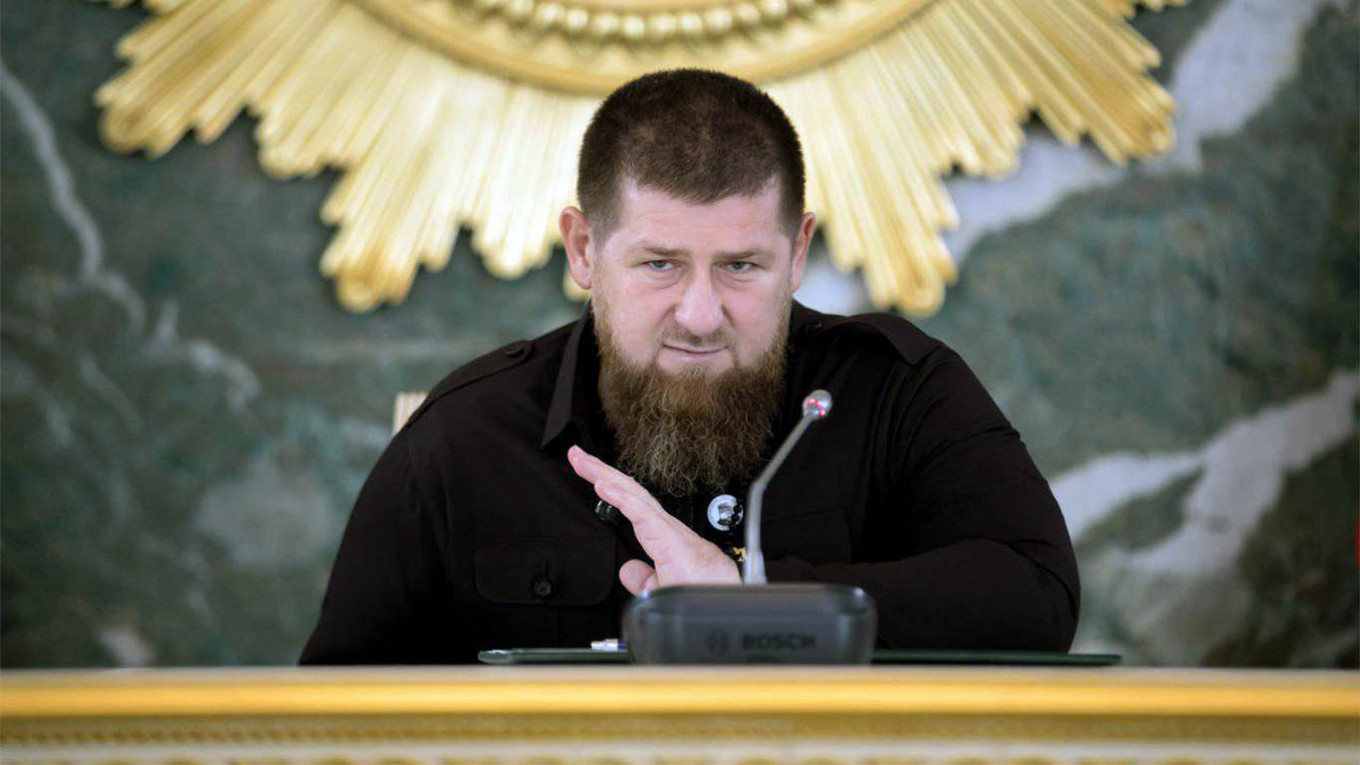
Chechen leader Ramzan Kadyrov has accused Alexei Navalny of “cheap” political pandering by demanding to read the Koran in prison and said the jailed Kremlin critic shouldn’t be allowed to touch it with his “dirty hands.”
Navalny said Tuesday that he plans to sue prison officials for denying him access to the Muslim holy book. The opposition figure, who is serving a 2.5-year prison sentence on old fraud charges, has also been on hunger strike since March 31 to demand proper medical treatment.
“It is clear that this Islamophobe is trying to use the Holy Scriptures for his own political purposes and will definitely use quotes for provocations, as they have long learned to do in Europe,” Kadyrov wrote on his official Telegram channel Wednesday.
“If the prisoner sincerely repents, wants to take the path of truth, accepts Islam and wants to hear the word of the Almighty with all his heart (which I doubt), then this is permissible,” the leader of the North Caucasus republic of Chechnya said. “But if otherwise, then he should not be allowed to touch a book like the Koran with his dirty hands.”
Kadyrov said he believes that Navalny, who “participates in actions against the construction of mosques,” is now seeking to rehabilitate his reputation and earn Muslims’ favor “in a cheap way.”
Navalny drew criticism for comments made early in his political career deriding immigrants from predominantly Muslim countries in Central Asia and comparing people from Russia’s majority-Muslim North Caucasus to “cockroaches.”
In his Instagram post Tuesday, when many Muslims around the world began the holy month of Ramadan, Navalny said he wished to “deeply study and understand” the Koran as one of his self-improvement goals in prison.
“Books are our everything, and if you have to sue for the right to read, I will sue,” he said.
Kadyrov, a loyal ally of President Vladimir Putin, has long sought to impose Islamic values in Chechnya, including encouraging women to wear headscarves and men to take up to four wives despite polygamy being banned by Russian law. He is widely believed to enjoy free rein from the Kremlin in exchange for loyalty while Moscow turns a blind eye to the documented human rights abuses under his rule.